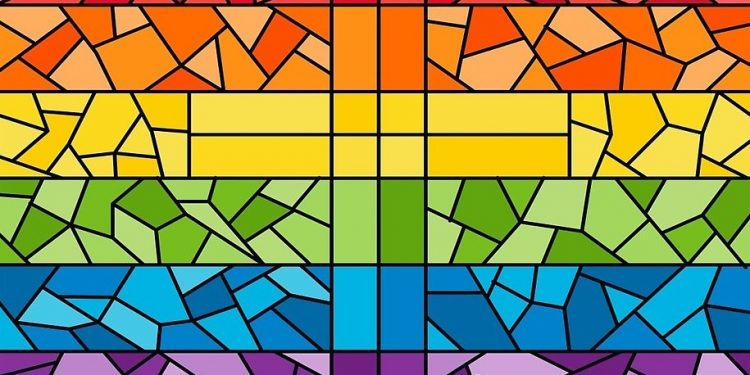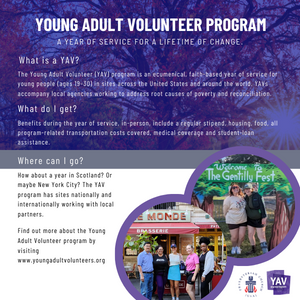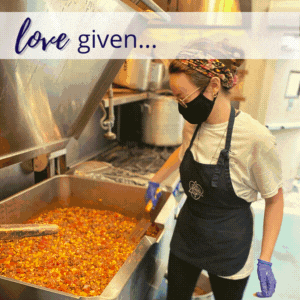If you look around, it seems the world is awash in rainbow this month as lesbian, gay, bisexual, transgender, and queer (LGBTQ) people celebrate Pride. What began with two trans women of color and their friends at the 1969 Stonewall Uprising has become a global phenomenon. It is an opportune moment to reflect on how volunteer programs can be further affirming and inclusive of LGBTQ people.
Since 1977, New Ways Ministry, a national ministry of justice and reconciliation for LGBTQ people where I am associate director, has aided Catholic groups and organizations in doing just that. This June, I offer three proposals to the members of Catholic Volunteer Network about how to celebrate Pride.
Lean into Mission. A common misconception is that Catholic or faith-based organizations do not have resources in their tradition to be LGBTQ-inclusive. Resist this myth. Instead, root efforts to better care for LGBTQ volunteers and staff precisely in values like social justice, human dignity, solidarity, equality of persons, and a preferential option for the marginalized so inherent to volunteer programs and the faith traditions from which they come. The Catholic Church, for instance, has lesser-known, but more important teachings specifically about the need to pastorally care for LGBTQ people and to protect them from discrimination. Consider, too, how a commitment to LGBTQ equality might lead to new placement sites and external partnerships.
Be Proactive. Silence or even quiet support of LGBTQ people is not sufficient. If issues of gender and sexuality are not being addressed directly and openly, a truly safe and supportive environment for LGBTQ people is not being created. Be proactive on inclusion. Instead of reacting when a transgender person applies to your program or a staff member enters a same-gender marriage, think ahead: how would and, more importantly, how should your program handle the situation that aligns with its mission and values. Such work generally means that when situations arise, they can be resolved in a less harmful, more inclusive way. This journey to inclusion is ongoing, so, as you progress, be honest with applicants and partners about just where your organization is at, even if it is not where you want to be in the long term.
Practice Non-discrimination. A major structural step programs can take is to enact policies that contain non-discrimination protections inclusive of sexual orientation, gender identity, gender expression, and marital/relationship status. These policies should include both volunteers and staff, be explicit and public, and be adhered to even if, as a religious organization, some programs may be legally exempt from civil protections. If certain protections are not possible, be honest and upfront about what LGBTQ people can and cannot expect. This includes providing potential volunteers information about what their placement site’s policies are. If a placement site does not protect LGBTQ people, consider whether that is a relationship worth retaining.
These three proposals are first steps. Some CVN members may be well along the way to being LGBTQ-inclusive, while others are considering how to start on this path. If you are looking for some concrete ideas on actions to take, I recommend New Ways Ministry’s website. We cover issue areas like employment, education, parish life, and more. We offer a daily blog on Catholic LGBTQ issues, as well as scriptural reflection guides for LGBTQ people and allies. I would also be happy to speak with you about program-specific issues and the workshops we offer. But the most important takeaway I want to leave you with is that, wherever you are located on the journey to inclusion, Pride is the perfect time to take the next (or first) step, no matter how small it may seem.
Robert Shine (he/him) is the Associate Director of New Ways Ministry and has been involved in Catholic LGBTQ ministry for over a decade. He can be reached at robert.shine@newwaysministry.org.



 Thousands of faith-based service opportunities can be at your fingertips with the RESPONSE. Download the latest edition today!
Thousands of faith-based service opportunities can be at your fingertips with the RESPONSE. Download the latest edition today!
